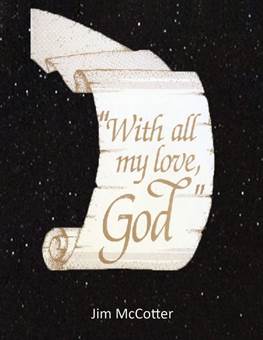Christian History
Bach, Music, & God

Christian History
“My people are destroyed for lack of knowledge.”
Hosea 4:6
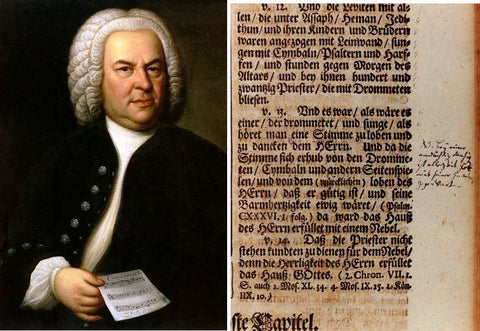
Johann Sebastian Bach was born in Eisenach, Germany, in1685, the youngest of eight children. He had three siblings die, then in 1694, his mother died. Eight months later his father died. The orphaned 10-year-old Bach moved in with his older brother, Johann Christoph Bach, who was the organist at St. Michael’s Church in Ohrdruf, Saxe-Gotha-Altenburg. Johann Sebastian Bach sang in the choir, in addition to playing the organ and harpsichord. At 18, he became a church organist, then held positions in several cities and royal courts.
While serving as cantor at Thomas Church of Leipzig, Bach taught Martin Luther’s Small Catechism. In 1717, Bach was imprisoned for a month in Wemiar because he fell out of favor with the Duke, who did not want him employed elsewhere.
Bach wrote the sacred oratorio St. John Passion, based on chapters 18 and 19 of the Gospel of John and the “Passion of our Lord Jesus Christ according to the Evangelist Matthew,” based on chapters 26 and 27 of Luther’s Bible.
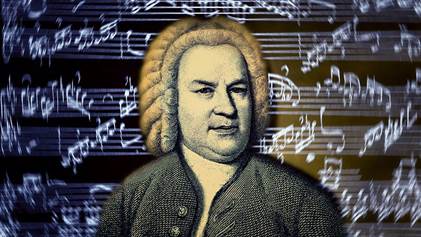
Bach was widowed with 7 children, he remarried and had 13 more. He was considered the “master of masters” in musical composition, but he also had a devout relationship with God. His works originally in German, but some translated in English include:
- God is my King!
- Jesus, My Joy!
- Christians, Engrave this Day.
- O Sacred Head, Now Wounded.
Bach wrote more than 300 sacred cantatas, including:
- Christ Lay in Death’s Bonds.
- God’s Time Is the Very Best Time.
- Sleepers Awake.
- Behold, let us go up to Jerusalem.
In the 1730s-1740s, Bach wrote two versions of a magnificent thirty-minute cantata of Martin Luther’s most famous hymn A Mighty Fortress Is Our God:
A mighty fortress is our God,
A bulwark never failing:
Our helper He, amid the flood
Of mortal ills prevailing.
For still our ancient foe
Doth seek to work his woe;
His craft and power are great,
And armed with cruel hate,
On earth is not his equal.
Did we in our own strength confide,
Our striving would be losing;
Were not the right Man on our side,
The Man of God’s own choosing.
Dost ask who that may be?
Christ Jesus, it is he;
Lord Sabaoth is his name,
From age to age the same,
And He must win the battle.
In Bach’s Luther-study Bible it contained hundreds of underlines and over 400 margin notes in Bach’s handwriting. In addition to Bach’s music, it was also evident from what Bach wrote in his Bible that he had a real personal relationship with the Lord Jesus Christ.
Bach wrote,“No longer can we have purely academic performances where all the notes are lined up right and the phrases are beautiful and it’s done musically. It has to be more than that. One must understand the theology in order to perform the music well.” One of Bach’s notes was: “In devotional music, God is always present with His grace.” Near First Chronicles, chapter 25, Bach wrote: “This chapter is the true foundation of all God-pleasing church music.”
Bach had stated: “The aim and final end of all music should be none other than the glory of God and the refreshment of the soul. If heed is not paid to this, it is not true music but a diabolical bawling and twanging.”
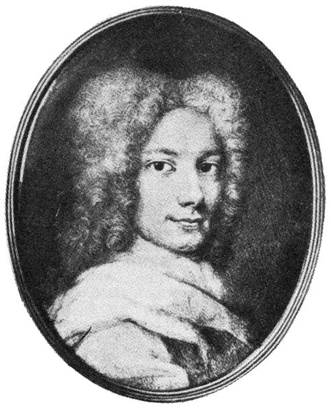
Johann Sebastian Bach and composer George Frideric Handel were born the same year, 1685. They lived just 80 miles from each other but never met, though once, in 1719, Bach traveled to meet him not knowing Handel had gone on a trip.
By 1750, Bach was suffering from cataracts. He agreed to let a questionable “surgeon,” Chevalier John Taylor, perform a crude eye-surgery, which left him blind and infected. He died three months later at the age of 65.
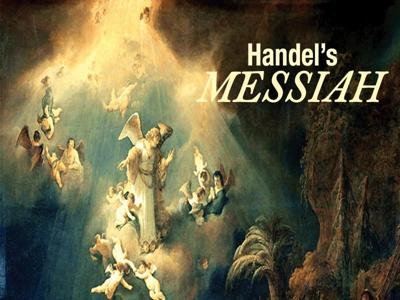
Tragically, the same “surgeon” persuaded composer George Frederick Handel to let him attempt the same surgery, which, unfortunately, left him blind for the rest of his life as well. But what made the music from these greatest music virtuosos, was not just their musical talent but their knowing the Bible and writing “as one who is speaking the utterances of God” (1Peter 4:11) – not least of which The Messiah and the final Hallelujah Chorus when King George II stood when hearing:
For the Lord God omnipotent reigneth!
Hallelujah Hallelujah Hallelujah Hallelujah…
King of Kings and Lord or Lord!
And He shall reign forever and ever!
Forever and ever!
Hallelujah Hallelujah Hallelujah Hallelujah
Hallelujah!
(Eph. 5:18-19)
This little booklet – With All My Love God – will move you in discovering just how much God thinks of you and loves you, just like you are. If you would like a complimentary e-copy, email us and we’ll be glad to send it to you.
[This blog is free to share if forwarded in its entirety.]
